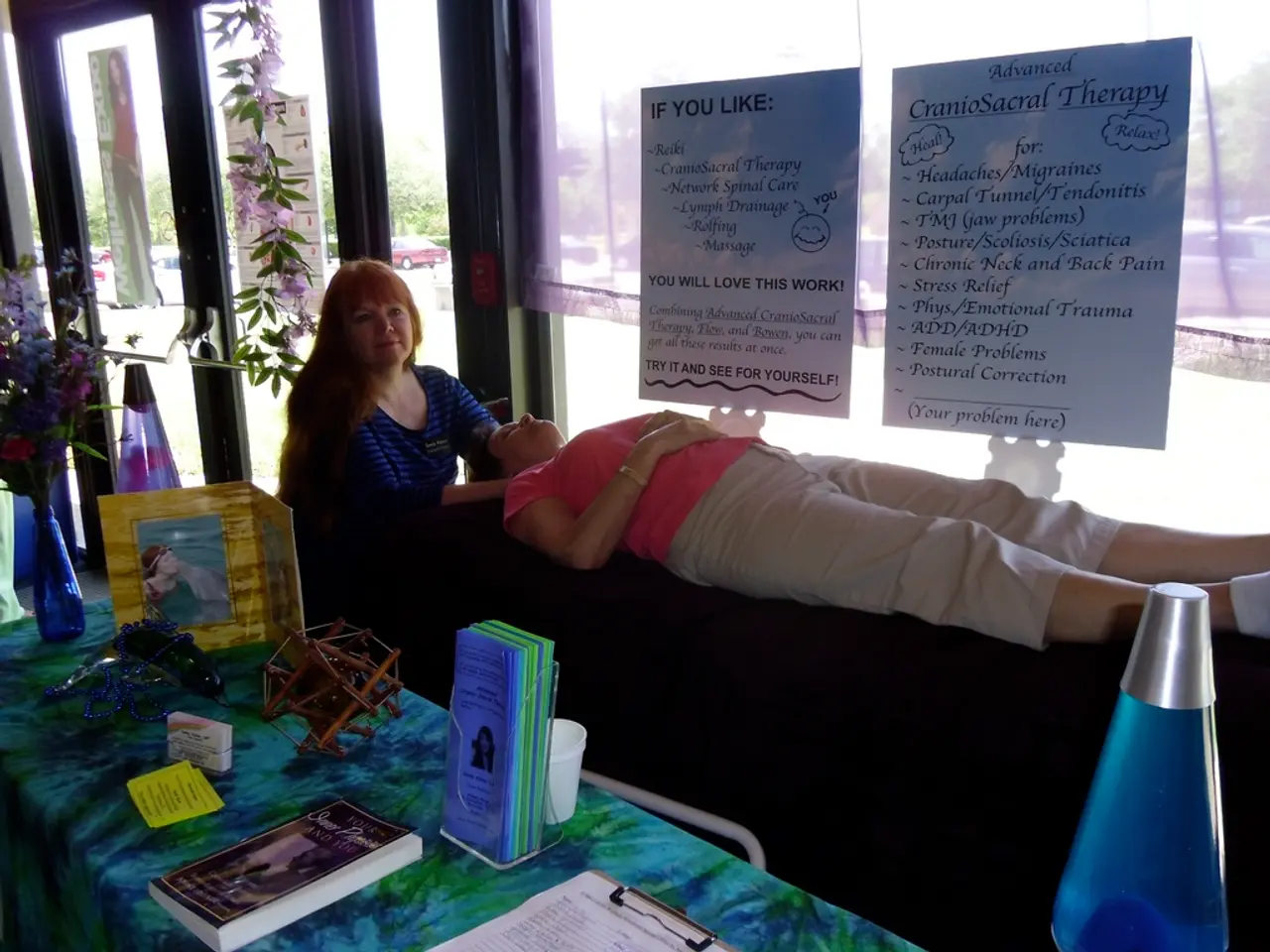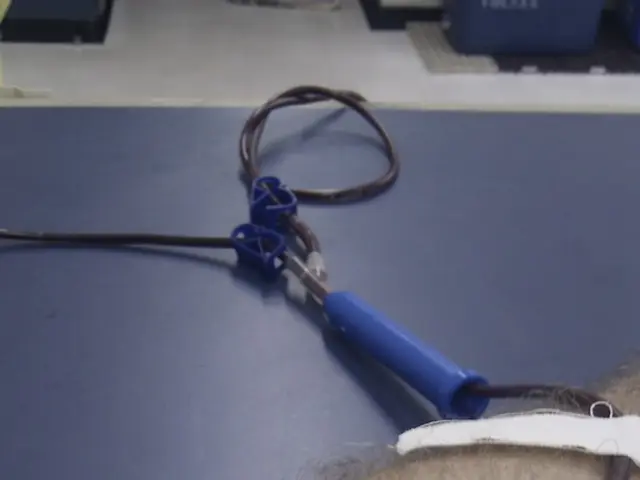Therapy Intensives: An In-depth Look and Consideration of Their Appropriateness for You
In the realm of mental health treatment, therapy intensives are gaining traction as a powerful tool for individuals seeking significant progress in addressing anxiety, stress, trauma, or relational hurdles. These intensive sessions, which condense multiple hours or sessions into a few concentrated days, offer a unique approach to therapy that caters to those ready for rapid change.
Therapy intensives typically consist of 60-minute intakes, followed by 3 to 8 hour sessions, depending on the schedule and needs of the individual. This intensive format offers several distinct benefits, including faster results, continuous emotional processing, lower dropout rates, more support, and focused care.
One of the most appealing aspects of therapy intensives is their ability to deliver quick symptom relief and shifts in perspective. Clients may achieve in days what could take months in weekly sessions, making this approach particularly appealing for those seeking a more accelerated path to healing.
Another advantage is the momentum and deep processing that intensives allow. Without week-long breaks, clients can engage in continuous, deeper emotional processing, which can be especially helpful for first-time clients or those needing rapid progress.
Intensive outpatient programs (IOP) also offer therapy 3-5 days a week, providing more contact with therapists and peers, and more opportunities to practice coping skills. This increased frequency of interaction can lead to a more immersive therapeutic experience.
However, therapy intensives are not without their drawbacks. The concentrated nature of these sessions can be emotionally demanding, requiring proper preparation and post-intensive support to avoid feeling overwhelmed. Clients need to arrange their schedules around days of intensive therapy and recovery time immediately after, which might be difficult for some due to work, school, or family commitments.
Extended hours over consecutive days can also lead to mental and physical fatigue, which might affect engagement or processing. Additionally, less time between sessions means less time for gradual integration, as clients may not have the same opportunity to apply insights and practice skills in their daily lives before the next session.
It's important to note that therapy intensives are not suitable for everyone. Some clients may benefit more from the slower pace and reflective time of weekly sessions and could find intensives too overwhelming or rushed.
In conclusion, therapy intensives are advantageous for those seeking quick, immersive therapeutic progress and can commit to concentrated sessions with adequate support. Traditional weekly therapy suits people who prefer gradual, steady work with time to process and integrate between sessions. The choice depends on individual needs, emotional tolerance, lifestyle, and therapeutic goals.
For those interested in learning more about therapy intensives and how they can support their journey to healing and growth, Be BOLD Psychology and Consulting offers a free consultation. This practice specializes in therapy intensives for anxiety, trauma, grief, and relational challenges, offering virtual sessions in North Carolina, South Carolina, Virginia, and PSYPACT states.
Evidence-based practices like EMDR, Cognitive Processing Therapy, somatic work, aspects of the Gottman Method, and skills from Emotion-Focused Couples Therapy may be used during therapy intensives. Couples and families can also benefit from therapy intensives, especially for addressing relationship challenges or family dynamics.
Therapy intensives can range from 3 to 8 hours per day and can be spread over several days depending on the needs of the individual. They are ideal for those who want accelerated progress on a specific issue and for busy individuals who can't commit to weekly sessions. However, it's important to remember that therapy intensives may not necessarily replace weekly therapy, as they are great for jumpstarting progress or addressing specific concerns but may be supplemented with ongoing sessions.
Premarital counseling intensives are also offered, condensing 8-12 weeks of premarital therapy into two half days. After the intensive, individuals often receive virtual handouts, resources, tools, and a plan for continued growth and success.
Whether you're seeking a more intensive version of traditional therapy or a rapid, focused approach to addressing specific challenges, therapy intensives could be the solution you've been searching for. Reach out to Be BOLD Psychology and Consulting today at [email protected] or text/call 919-525-1873 to schedule a consultation and embark on your journey towards healing and growth.
- Therapy intensives, often composed of 60-minute intakes and extended sessions, are advantageous for individuals looking for quick symptoms relief and accelerated progress in their mental health journey, as science-backed practices like EMDR, Cognitive Processing Therapy, somatic work, and methods from Emotion-Focused Couples Therapy can be used in these intensives.
- In addition to facilitating faster results, therapy intensives offer several benefits, such as continuous emotional processing, lower dropout rates, increased support, and focused care, making them a popular choice for those committed to rapid change, particularly in addressing anxiety, stress, trauma, or relationship hurdles.
- While therapy intensives are ideal for individuals seeking an intensive, focused approach to mental health and wellness, it's crucial to consider the demands of these sessions, such as the emotional intensity, scheduling challenges, and potential for mental and physical fatigue, before committing to this therapeutic approach.




